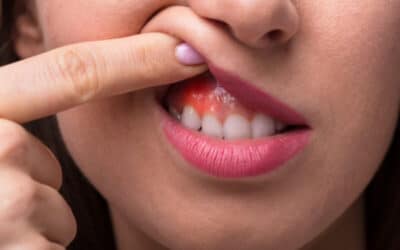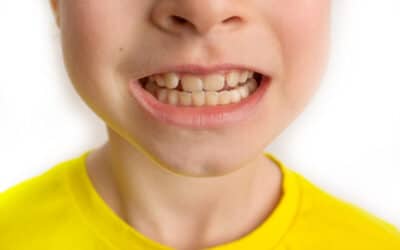How to Stay Healthy in the Heat
How to Stay Healthy in the Heat
Drink plenty of water
- Drink plenty of water even if you do not feel thirsty – check the colour of your wee – if it’s pale you’re drinking enough (check out the urine colour chart).
- If your doctor normally limits your fluids, check how much to drink during hot weather.
- Avoid alcoholic, hot or sugary drinks including tea and coffee (they can make dehydration worse).
- If you go outside, carry a bottle of water with you.
- Stock your fridge with cold water and freezer with ice.
Keep your body cool
- Drink cold drinks and eat smaller cold meals such as salads and fruit.
- Wear light-coloured, loose-fitting clothes made from natural fibres like cotton.
- Stay out of the sun.
- If you must go outside, apply sunscreen, wear a hat.
- Plan your day around the heat – avoid being outdoors between 11am and 5pm.
- Put wet towels or cool packs on your arms or neck or put your feet in cool water.
- Take cool showers or baths.
- Minimise physical activity, do all household chores early in the morning when it is coolest.
Keep your house cool
- Cool your house by closing windows, shutting curtains and blinds, opening windows at night if you can to let in cool air.
- Use air-conditioning if you have it (make sure it’s set to cool).
- If you don’t have to air-condition, spend time in a cool place like a library, shopping centre or cinema.
- Know which room in your house is the coolest (this will often be on the ground floor on the south side).
- If there is no power or you can’t get to an air-conditioned space, spend time in the coolest part of your house.
- Use your stove and oven as little as possible.
Take care of others
- Visit or telephone elderly friends, neighbours and relatives, at least once a day.
- Check that they have water in the fridge.
- Encourage them to drink.
- Help them to find the coolest room in the house.
- Consider taking them to a cool place (e.g. a shopping centre, library or cinema).
- Take particular care to keep children cool and get them to drink lots as they won’t often do this by themselves.
- Never leave babies, children or animals alone in a car even if the air-conditioner is on.
Have a plan
- Know who to call if you need help.
- Follow your doctor’s advice if you have any medical conditions.
- If you feel unwell, seek medical advice from your doctor or nearest hospital.
- Know where to find your emergency kit in case of a power failure.
- Keep an eye on the weather forecast.
- Know what to do in case of a bushfire. Information on bushfire preparedness is available from the NSW Rural Fire Service.
Keep your food safe
- Make sure food that needs refrigeration is properly stored (the temperature in the fridge should be between 0°C and 5°C). Defrost foods in the fridge, not on the kitchen bench. For more information about keeping food safe please refer to the NSW Food Authority.
- If your fridge and freezer is affected by a power failure, please refer to the NSW Food Authority.
After the heat has passed
- Continue to drink plenty of fluids so your body can get back in balance.
- Take time to rest and recover as coping with extremely hot weather can be very tiring.
- Go to your doctor if you feel unwell after the heat has passed.
- Open windows and doors to let your house cool down but make sure you don’t compromise the security of your home.
- Contact family and friends to see if they have coped during the heat and if they now need help with anything.
- Think about how well you coped during this time of extreme heat and what, if anything, you would do differently next time.
- Make any changes in your home so it will be more comfortable for you during another time of extreme heat
More Related Articles
Some Sweet News For Diabetes Sufferers With Gum Disease
Diabetes type 2 is a scourge for sufferers and those with it know that well. Here is some sweet news for diabetes sufferers with gum disease. A new study performed at the University of Buffalo School of Dental Medicine made some helpful findings in this regard. The...
Is Painless Dentistry Without Needles Possible?
Intravenous sedation is much more full on in terms of heavily sedating the patient. It is usually reserved for those having extensive…
Can Gum Recession Be Fixed With Dental Bonding?
Gum Recession Fixes: Can gum recession be fixed with dental bonding? In some cases it can help and it is well worth a discussion with…
Bruxism In Children: Is It Influenced By Screen Time And Sugar?
Children gnashing & grinding their teeth asleep in bruxism – a scene from a horror movie. Overstimulation of sensitive minds…







